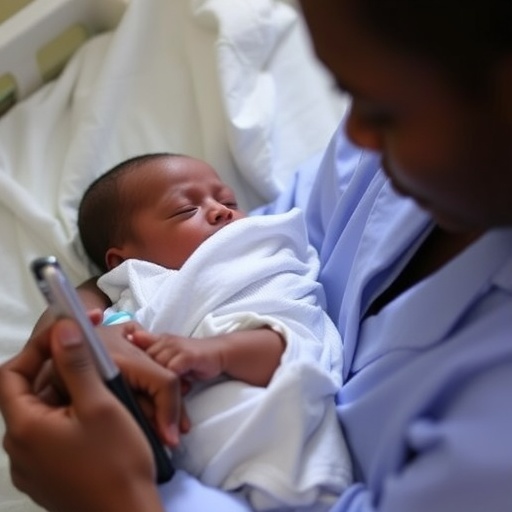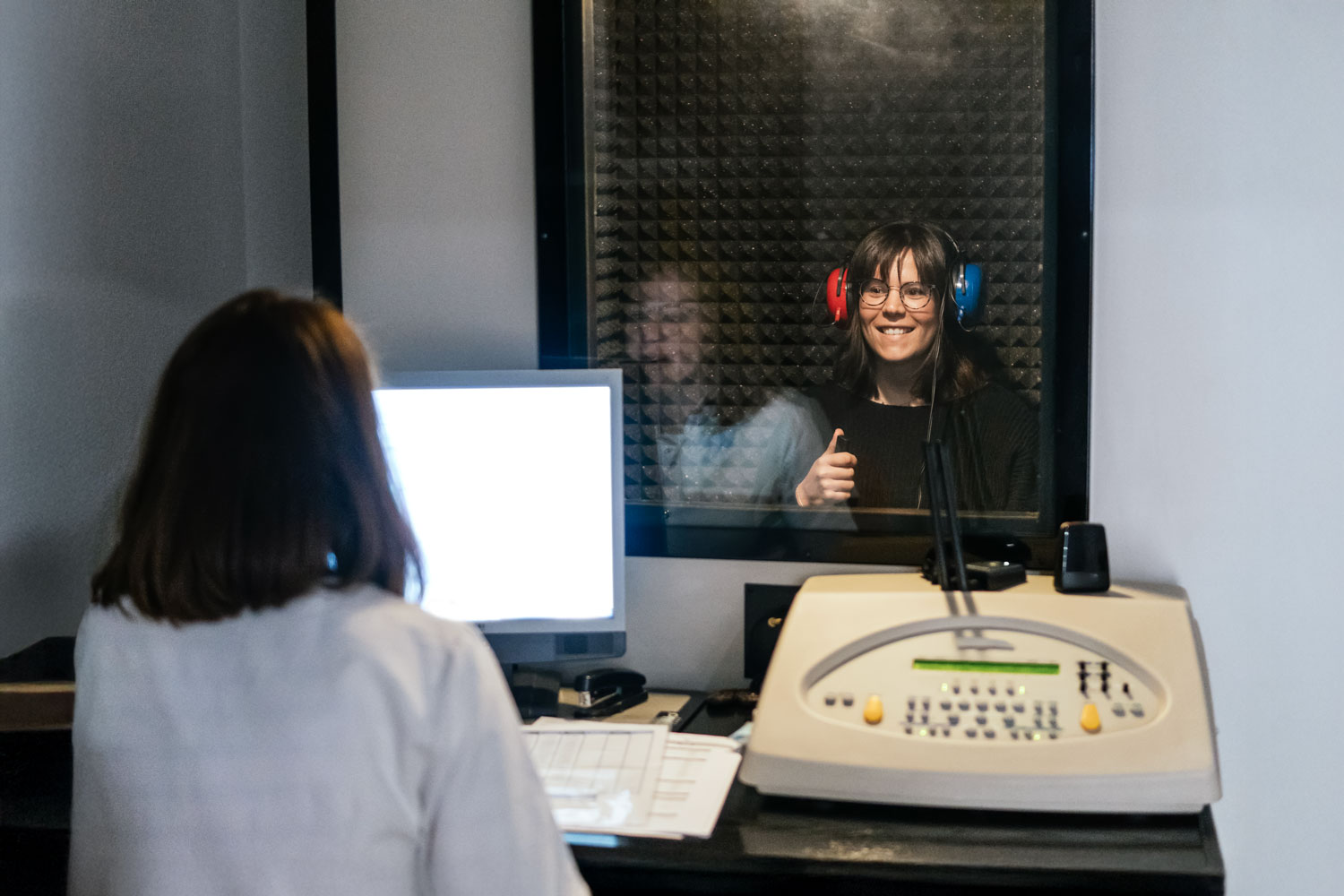
Infants younger than six months bear the brunt of hospitalizations and associated costs from respiratory syncytial virus (RSV) in Canada, according to new research that underscores the cost savings of protecting this vulnerable age group from serious lung infections.
The study out of the University of British Columbia and BC Children’s Hospital Research Institute, published in Lancet Regional Health – Americas, looked at more than 29,000 hospitalizations across Canada between 2017 and 2023. Researchers found that babies under six months made up almost 45 per cent of RSV-related hospital admissions and accounted for almost half the estimated $66-million average annual cost of RSV hospitalizations.
“This virus hits our youngest children the hardest,” said Dr. Nirma Khatri Vadlamudi, who led the study during her postdoctoral research at UBC’s faculty of medicine. “Even though RSV affects kids of all ages, the health and financial burden is most severe in infant cases.”
RSV, a leading cause of bronchiolitis and pneumonia in children, infects most kids before their second birthday. Some get sick enough to need hospital care, especially babies born early or with other health issues. Yet the study found that over 80 per cent of hospitalized children had no known risk factors. Even healthy infants are vulnerable.
The researchers used data from the Canadian Institute for Health Information and the Canadian Immunization Monitoring Program ACTive to track hospital stays, ICU admissions and costs.
“These numbers are eye-opening and really make a strong case for prioritizing the youngest group in our prevention efforts,” said Dr. Julie Bettinger, senior author and a professor in UBC’s department of pediatrics.
Surge in RSV hospitalizations after the pandemic
The study also showed that RSV hospitalization rates surged after the COVID-19 pandemic. In 2022–2023, the rate for infants under six months jumped to 2,393 per 100,000 children, nearly doubling from five years earlier.
The researchers believe this spike was likely due to lower immunity in children who weren’t exposed to RSV during pandemic lockdowns, combined with increased testing for respiratory viruses.
Hospital stays varied depending on the severity of illness. Most children were treated in general pediatric wards, but some needed intensive care or mechanical ventilation. The average cost per case ranged from $8,000 for a regular ward stay to over $80,000 for cases needing ventilation in the ICU.
Prevention programs to protect kids
The findings come as Canada rolls out new tools to prevent RSV, including a long-acting antibody and a maternal vaccine approved in 2023. UBC researchers have contributed to evaluating these options through a national study led by the university’s Reproductive Infectious Diseases Program and the Vaccine Evaluation Center, which is helping guide public health decisions on how best to protect newborns.
The authors hope their work will help shape national policies and support the rollout of RSV prevention programs targeting infants, particularly those under six months old.
“This study gives decision-makers the data they need,” said Dr. Vadlamudi. “If we can prevent RSV in infants, we can protect their health and reduce the strain on hospitals and healthcare budgets.”
Interview language(s): English
link





